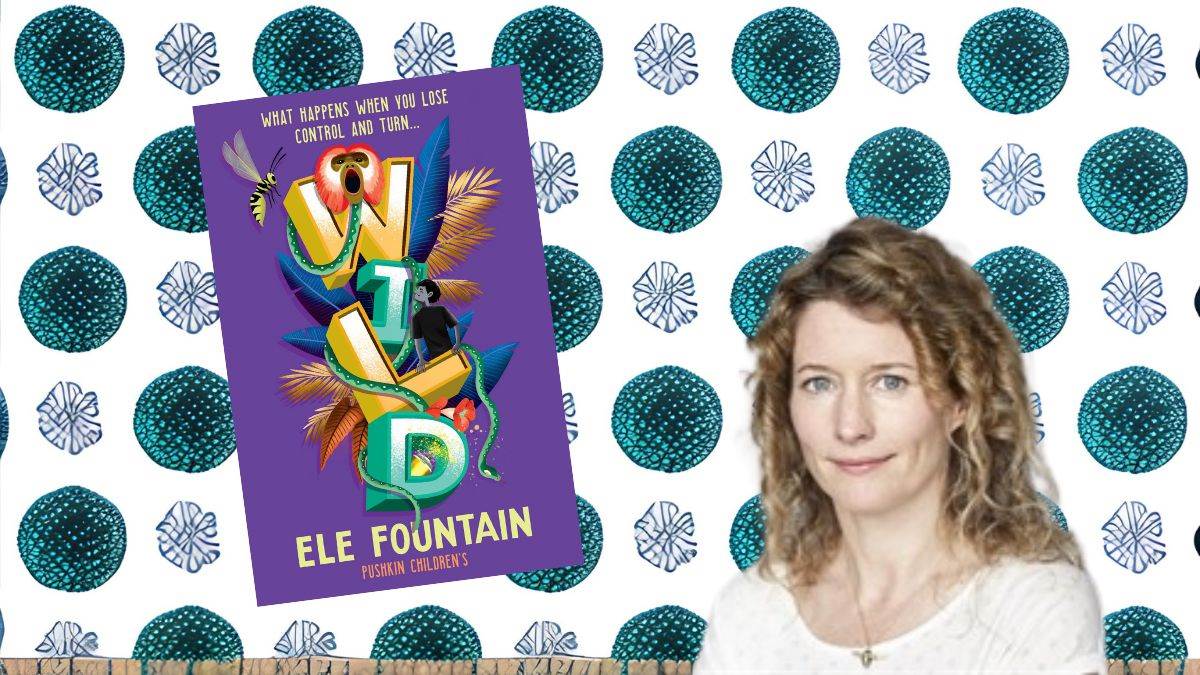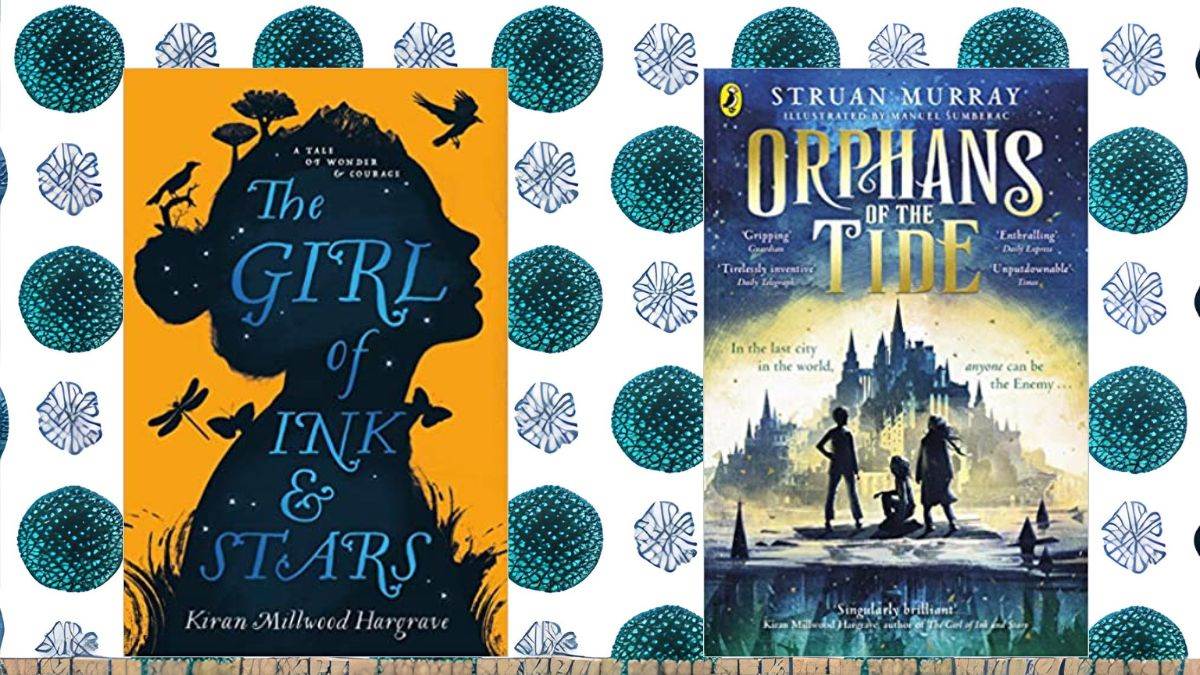Using fiction about the environment to empower children and give hope
Published on: 27 April 2023
Author Ele Fountain shares how children can feel connected to nature and our planet through stories.

Mud featured widely in my daughters’ early years. Throwing it, sitting in it, sifting through crumbly dollops of it for worms. I realise they are not unique in this. Kids are drawn to nature in all its forms – animal, vegetable, mineral, the beauty of changing seasons and weather. This instinct was mirrored in their favourite books, from We’re Going on a Bear Hunt to the genius creation that is Wuthering Heights: A Weather Primer.
Later, as newly independent readers, they pored over Cicely Mary Barker’s Flower Fairies books, relishing the fact they could spot these plants in hedgerows and parks near home. Eddie’s Garden by Sarah Garland inspired seed planting and vegetable nurturing, although we never quite managed to recreate Eddie’s epic ‘bean den’. I Am the Seed That Grew the Tree with 365 nature-inspired poems was read firstly on birthdays, then every day.
As my kids grew further from their muddy beginnings, literally and metaphorically, we read Swallows and Amazons together. Lakes and mountains were brought to life by island camping and pirate missions. In Susan Cooper’s Over Sea, Under Stone the Cornish coastline provided a backdrop as challenging and unpredictable as the ancient foes faced by Simon, Jane and Barney.
Stories gave shape to their wild instincts and nurtured an understanding of place – the variety and uniqueness of different landscapes, the freedom and adventures to be had there.
Yet beyond the stories, reality lurked. A narrative of destruction, extinction and pollution appeared in school topics, news stories, their own experience of crazily hot summers or bizarrely long autumns, and with it evolved a sense of powerlessness to change things.
It’s not our children’s job to clean up the crises created by previous generations, but we cannot simply ignore what’s happening around us. Children seek answers, they can spot truth from lies at a thousand paces.
Books can encourage our children’s connection with the natural world, foster those instinctive bonds. They can also help to make sense of truths which are harder to digest.

To this end, we all loved The Girl of Ink and Stars – its blend of myth and magic, the quest to save an entire island, not simply the people who lived there. Orphans of the Tide became another favourite with its vivid dystopian setting, post-rising sea levels. We glimpsed frightening futures where the worst had already happened, yet all was not lost. Despite their apparent powerlessness, young protagonists were able to take charge and effect change. This sense of agency resonated with my daughters, particularly.
They became more curious than ever, though, about what is happening to our planet right here, right now. How bad had things become? What could they do? Was it too late? They needed to join up the dots between fact and fiction, problem and solution.
Kids know, for example, that rainforests are in danger, but that threat can feel abstract – something to worry about yet also something far away, out of sight. In my writing for young readers, I like making connections between news headlines and everyday life. I try to give it a solid form, to touch and feel, and imagine experiencing for yourself. I want to make sense of big topics by immersing my readers in the heart of them – such as the climate crisis in my 2021 book, Melt. A deeper sense of understanding can empower and give hope rather than fueling anxiety, and who doesn’t love adventure stories?
In Wild, Jack’s problems seem unrelated to the natural world, yet ultimately this is where he finds answers. The challenges he faces there are more elemental but reflect those at home. We cannot survive without wild spaces. They are precious for practical and scientific reasons, but also because they are part of us. We are hard-wired to seek them out – firstly as muddy puddles, later in gardens or pots on a windowsill. Some, like rainforests, are irreplaceable. Once they’re gone, they’re gone for good.
So perhaps the most important things stories can give children is hope. Hope is a raw ingredient of action, and action of change, and what could be more empowering than knowing you are never too young to change the world?
Wild by Ele Fountain is out now.
Topics: Environment, Features

